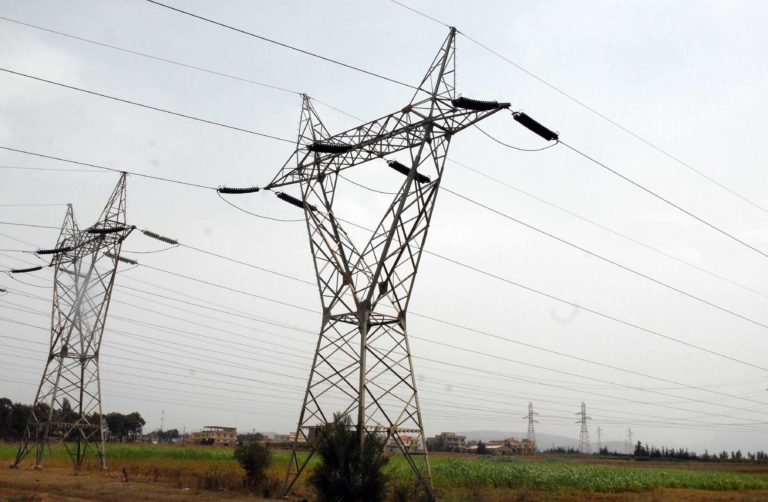Egypt's Central Bank sold 513 million euros (US$642 million) worth of euro-denominated T-bills at an inaugural auction on Tuesday, and foreign investors took up 20 percent of the issue, the bank said.
It was the first time the Central Bank sold euro T-bills. In November it introduced T-bills denominated in US dollars and has sold $5.83 billion of those bills in six auctions so far.
The Central Bank noted the level of demand from foreign investors. There was no foreign participation in the 19 June dollar T-bill auction and intermittent participation in previous issues, the bank said.
Foreign investors have largely held back from buying Egyptian securities since last year's popular uprising, forcing the government to turn mainly to the local money market to finance a budget deficit of around 8 percent of gross domestic product.
This has stretched the ability of local banks to lend to the government Egyptian pounds to their limit.
The average weighted yield on the euro bills was 3.245 percent, with a range of 2.85 percent to 3.26 percent. The average yield on dollar T-bills was 3.715 percent at the last auction on 19 June, when the Central Bank sold bills worth $526 million.
Yields on domestic Egyptian pound T-bills have surged since the February 2011 uprising that unseated Hosni Mubarak. The average yield on 182-day T-bills rose to more than 15.5 percent last month from under 10 percent in December 2010.
The Central Bank originally offered commercial banks 400 million euros of the euro-denominated bills when it first announced the auction last week.
The euro T-bills, which will mature on 27 August 2013, were offered to local banks and foreign financial institutions.
The finance ministry expects the deficit to rise by 12.5 percent in the current financial year.




